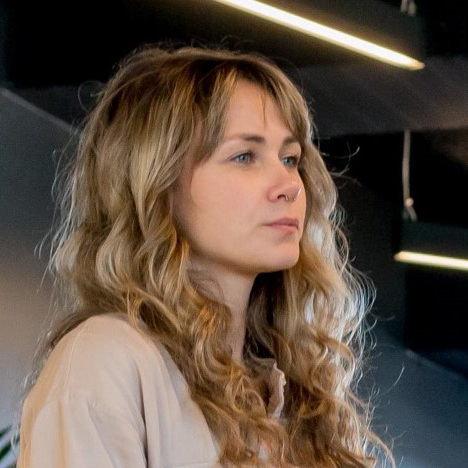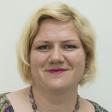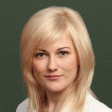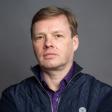Vertically Integrated Projects
Promoting a new generation of studies and innovation

Vertically Integrated Projects (VIP) are an opportunity for students to acquire the knowledge and skills necessary for research in an in-depth and practical way.
About Vertically Integrated Projects
VIPs are a new and innovative addition to the learning process providing students of all levels with important practical knowledge in conducting research activities. Since the 2019 autumn semester there are six VIP teams working at Rīga Stradiņš University (RSU) that carry out various research and activities.
The VIP teams are composed of both students and researchers. They're multidisciplinary and vertically integrated, which means that both first-year students from the social platform and residency students can work in the same teams. This creates well-rounded teams in which students can learn from both experienced lecturers and their team members.
Teams can be made up of between 5 and 15 students, and there are no application restrictions. Students can work in a VIP team for the duration of their studies or for one semester only.
One of the main benefits of this project is the free access to university resources. I consider our team members' knowledge and experience to be the most valuable resources. Leading researcher Žanna Martinsone and specialist Aneka Kļaviņa have shared their knowledge with us by providing advice so that I can perform my work independently. I also recommend other students to make use of this opportunity and work closely with the leading specialists in this field. This project gives me an in-depth understanding of research processes, how an RSU laboratory works, as well as the opportunity to learn various practical skills.
Buka Bērziņa, member of the VIP team 'Ergonomic Workplaces in a Healthy Environment: Indoor Air Quality'
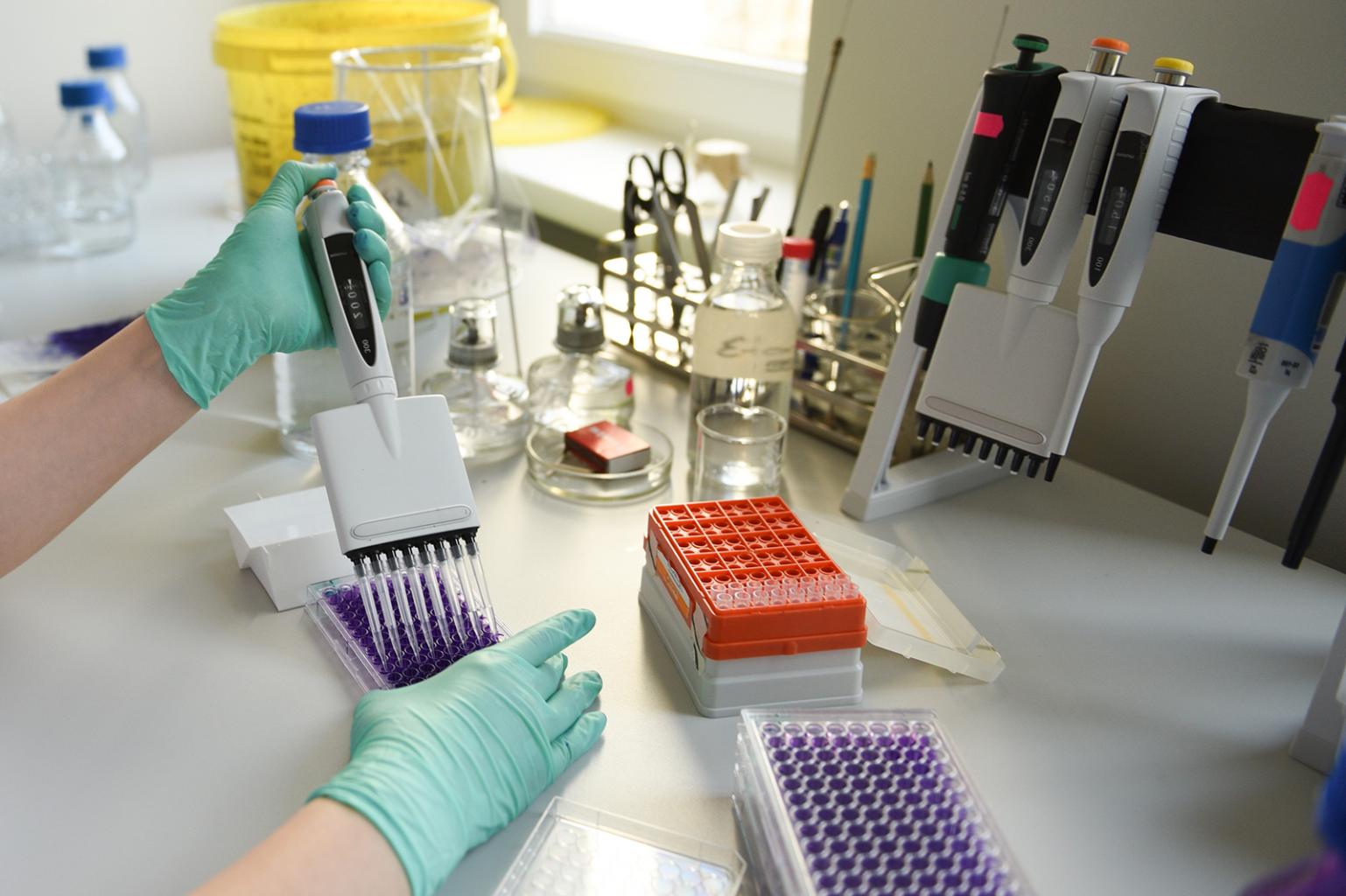
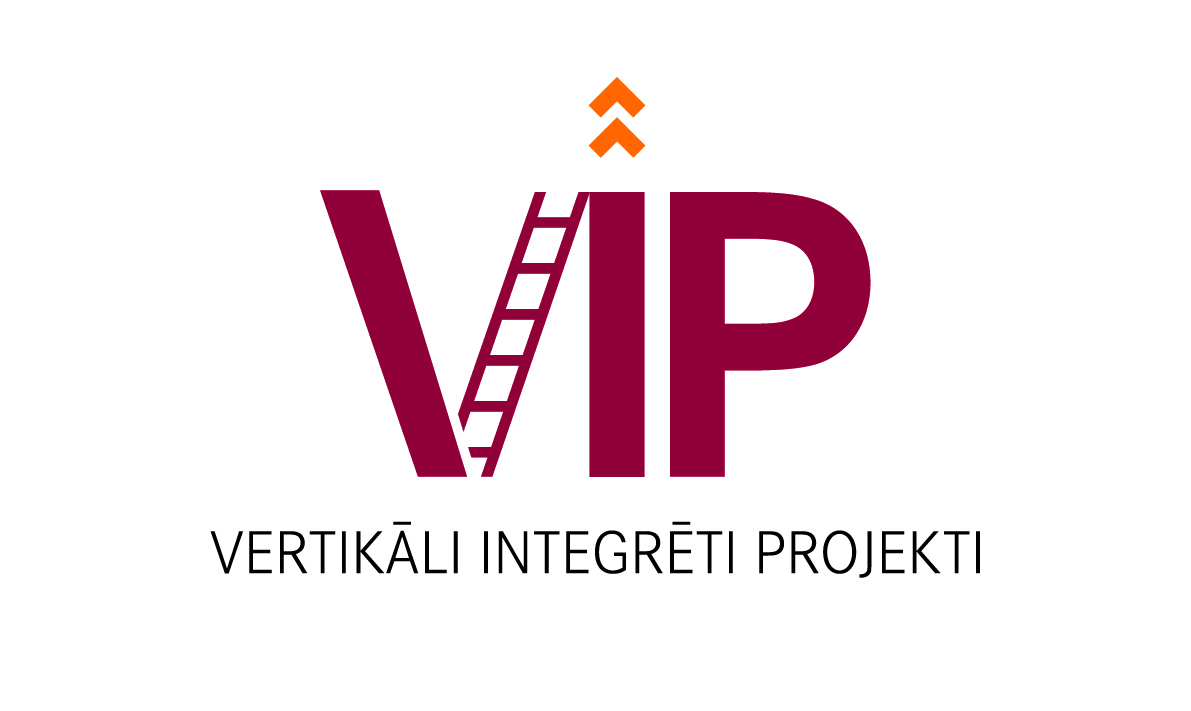
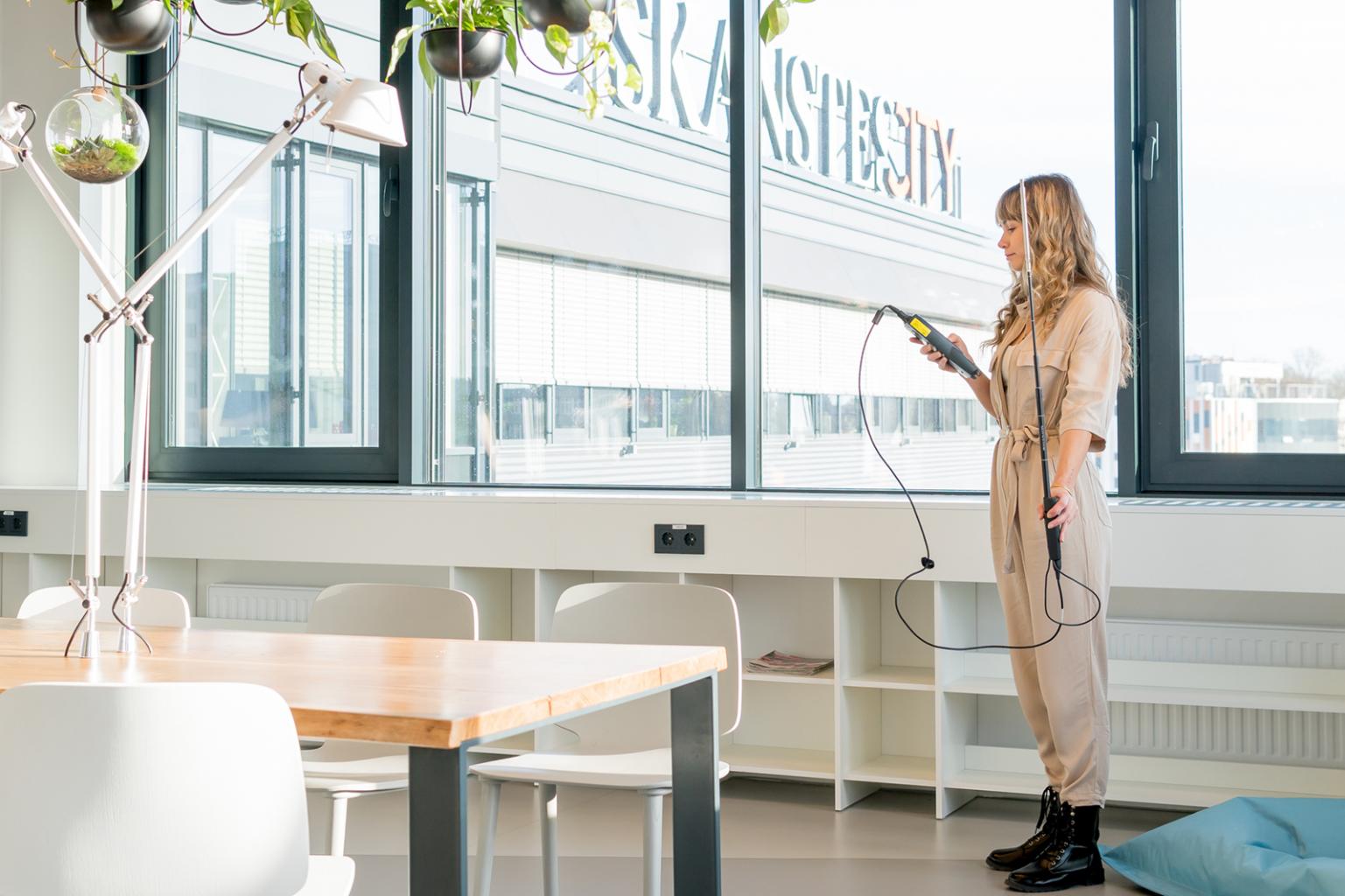
Our teams
- VIP Psychological help
The team’s aim is to provide students from different study programmes with the opportunity to learn interdisciplinary cooperation in conducting and organising research, including disseminating findings in the field of psychological help. Students from other universities will be invited to the time, e.g. from the Art Academy of Latvia in order to improve the students’ research experience.
A number of research topics have been planned for this stage of the work: regulating emotions, awareness, healthy cognitive aging, psychological help in caring for patients with chronic pain, developing art-based assessment tools, building trust and creating a sense of belonging. As the team is being formed the range of topics can be supplemented by topics suggested by the students.
The work will take place in groups and each group is monitored and mentored by a doctoral student. Through the group, it will be possible to improve and gain practical knowledge in how to conduct research, submit abstracts for conferences, develop a business idea and possibly also to work on a publication. As a result, students will acquire the following skills: work in teams and individually, collect research data, process and interpret data as well as to prepare and present the findings.
Team Leader
Prof. Dr. psych. Kristīne MārtinsoneHead of Department, Department of Health Psychology and Paedagogy
Academic Staff, Department of Health Psychology and Paedagogy
Lead Researcher, Department of Health Psychology and Paedagogy
Manager, Health Care doctoral programme, Psychology sub-programme, Department of Doctoral Studies
Head of Psychology Study FieldDepartment of Health Psychology and Paedagogy16 Dzirciema iela, Riga, LV-1007- VIP Ergonomic Workplaces in a Healthy Environment: Ergonomics
The aim of the team is to build a long-term scientific research and practical innovation base for the development of workplace ergonomic solutions: in the assessment of both furniture and workplace design elements and various modern aids with a focus on developing new methods and making them available, including the analysis of early prototypes developed by industry for their successful commercialisation.
The team is studying the effectiveness of ergonomic aids and their impact on human health (for example, the ergonomics of computer mouse pads and computer mouses, the effect of computer monitor position on neck muscle load, the reduction of undesirable health effects of sedentary work with dynamic sitting techniques). The team will work with designers and entrepreneurs to test and develop product prototypes as well a conduct research in laboratory conditions and during visits to companies. Modern research methods are used, such as infrared digital thermography, surface electromyography, myotonometry, 3D motion analysis. There is work for anyone who wants to work creatively and diligently, learn new skills, conduct research, present and publish results.
Students will gain in-depth knowledge of the basic principles of ergonomics, the importance of teamwork in research, as well as theoretical and practical skills in writing bachelor’s, master’s, residency and doctoral theses as well as for local and international publications.
Team leader
Assoc. Prof. Dr. med. Jeļena ResteHead of Department, Department of Occupational and Environmental Medicine
Academic Staff, Department of Occupational and Environmental Medicine
Researcher, Institute of Occupational Safety and Environmental Health
Lead Researcher, Development and Project DepartmentRSU Research Centre5 Rātsupītes iela, RīgaB korpuss, 307. telpa (katedra); 403. telpa (Kleisti)- VIP Ergonomic Workplaces in a Healthy Environment: Indoor Air Quality
The aim of the team is to create a basis for long-term scientific research and practical innovation in indoor air quality research with a focus on new materials (including nano, 3D printing, etc.), identifying and evaluating their capabilities, analyse long-term health consequences, develop warning systems, etc.
The team evaluates indoor air quality in the work environment in order to find the most effective solutions during real and experimental research, for example, for humidity control (most often – for increasing indoor humidity), reduction of specific chemical air components (most often – volatile organic compounds). Experiments are carried out in the laboratory and on experimental premises (specially equipped offices) in collaboration with a company manufacturing green walls to understand their shortcomings and to improve their efficiency. In the assessment of indoor air quality, it is also possible to identify other parameters (e.g. dust particles, including nanoparticles, microbiological pollution, noise measurements, electromagnetic field, etc.), as well as to conduct surveys on well-being and health and to carry out medical examinations related symptoms caused by air quality indicators. Students of different levels (bachelors, masters, residents, doctoral students) are invited to join the team, both from health sciences and social sciences, to work together in research, linking the theory gained in the study process with practical skills, learning to work in a team, as well as gaining more knowledge and experience in research processes on specific issues.
Students will gain in-depth knowledge of healthy indoor air, the importance of teamwork in research, as well as theoretical and practical skills in writing bachelor’s, master’s, residency and doctoral theses as well as for local and international publications.
Team leader
Asst. Prof. PhD Žanna MartinsoneAcademic Staff, Department of Occupational and Environmental Medicine
Lead Researcher, Laboratory of Hygiene and Occupational Diseases
Lead Researcher, Institute of Occupational Safety and Environmental HealthRSU Research Centre5 Rātsupītes iela, RīgaB korpuss, 307. telpa (katedra); 236. telpa (Kleisti)- VIP Microbiology
In September 2018, the first team – VIP Microbiology – started working at the Department of Biology and Microbiology. It consists of nine students from the Faculty of Medicine from the third, fourth and sixth year of studies. They have begun developing scientific work on the topic 'Evaluation of Young People in the Aetiology, Transmission, and Prevention of Sexually Transmitted Diseases'.
Over two academic years, the team has submitted four international conference abstracts. In the spring of 2019, VIP Microbiology participated in the 14th Bialystok International Medical Congress for Young Scientists, where it received the highest evaluation in the public health section – first place for the research work done.
In the spring of 2020, VIP Microbiology participated in the RSU International Student Conference and received the highest evaluation in the public health section – first place for the developed research work.
In the autumn of 2019, an RSU medical resident joined the team helping the team to continue its research work on the topic of clinical microbiology.
In the autumn semester of 2019, a second VIP Microbiology team started working at the Department of Biology and Microbiology within a course of Part C of the Medicine study programme. The team consists of students from the Faculty of Medicine from the second, third, and fifth year of studies. The development of research work on the topic 'Microbiological Assessment of Indoor Air Quality in Latvian Schools' has started.
Team leader
Assoc. Prof. Ingus SkadiņšRīga Stradiņš University Main Building16 Dzirciema iela, Rīga, LV-1007A–308.- VIP Celiac Disease Research Program for Children in Latvia
- The team will not be formed during the 2020/21 academic year.
The aim of the team is to monitor the clinical picture, diagnostic methods, treatment results, as well as to identify specific signalling molecules in the biopsies of celiac patients, as well as to locally determine the factors that most significantly characterise the degree of tissue damage caused by the disease.
Celiac disease is a common chronic small intestine autoimmune disease caused by gluten intolerance in children. Gluten is found in wheat, rye, barley, and oats. Scientific studies show that the incidence of celiac disease in the world is continuously rising. The scientific relevance of the topic is also evidenced by the international research activity of non-invasive small intestine villi damage markers such as CYP3A4, citrulline, I-FABP, Reg1α, and elafin in children. It should be noted that untreated and misunderstood celiac disease can be complicated by severe disorders that can significantly affect a child’s quality of life.
Students will gain in-depth knowledge of celiac disease in children, the importance of teamwork in research, as well as theoretical and practical skills in writing bachelor’s, master’s, residency and doctoral theses as well as for local and international publications.
Team leader
Asst. Prof. Liene SmaneChildren's Clinical University HospitalRīga, 45 Vienības gatve VIP State Performance and Biosocial Relatedness
- The team will not be formed during the 2020/21 academic year.
The aim of the team is to gain a uniquely detailed understanding based on empirical experience of the interaction between the biosocial relatedness (kinship) and state performance. The results of the research will provide a deeper theoretical understanding of the modern phenomenon of a state, as well as explain the adaptation of formal state structures to the informally existing preconditions and practices in society.
In recent years, issues related to kinship and reproduction, such as the “demographic crisis”, “egg wars”, “children of the system”, international adoption, same-sex marriages, and civil marriages, have become topical in Latvian social and political discourse. There are political efforts to strengthen certain principles of kinship and childbirth through the distribution of public funds (for example, through citizenship or the pension system). This shows that concepts such as blood (kinship), relatives, family, origin are important in the process of state performance and understanding thereof.
Within the framework of the research work, the team plans to conduct a more detailed study of the interaction between state performance and kinship in five areas:
- manifestations of kinship in the course of daily life;
- interaction of kinship with bureaucratic institutions and regulations (communication with state institutions on issues concerning kinship: inheritance, marriage, funeral, birth registration, etc.);
- biosocial relatedness in the context of political regulation;
- identification of historical biosocial kinship and connection thereof with the state (efforts of the population to identify their genealogical roots in the formation of their family tree);
- development of new biotechnologies and their interaction with the understanding of biosocial relatedness.
Students will gain in-depth knowledge in the field of kinship anthropology and political anthropology and skills to apply qualitative research methods in data acquisition. They will learn the importance of team work in research, as well as theoretical and practical skills in writing bachelor’s, master’s, residency and doctoral theses as well as local and international publications.
Team leader
Assoc. Prof. PhD Klāvs SedlenieksAcademic Staff, Faculty of Social SciencesFaculty of Social Sciences9c Kuldīgas iela, Riga
Related news
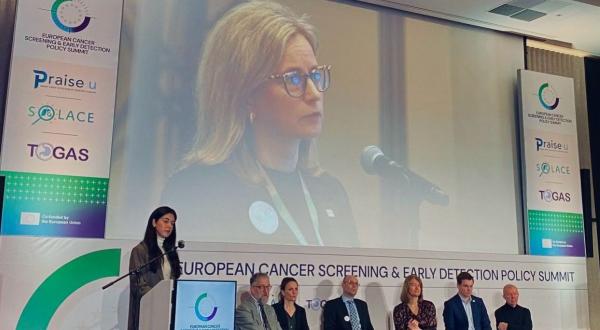 RSU Professor Maija Radziņa represents Latvia at EU cancer screening summitResearch, International Cooperation
RSU Professor Maija Radziņa represents Latvia at EU cancer screening summitResearch, International Cooperation